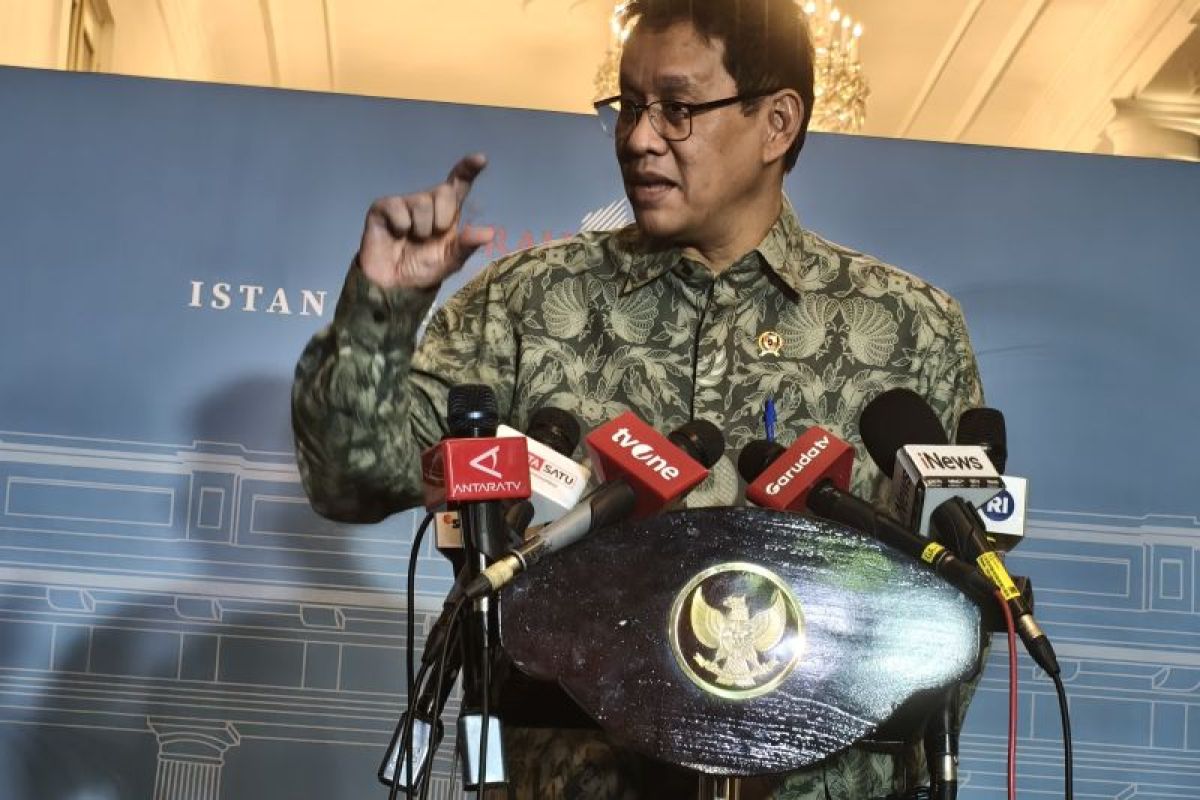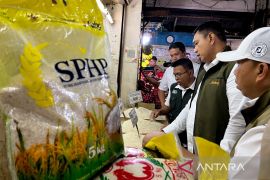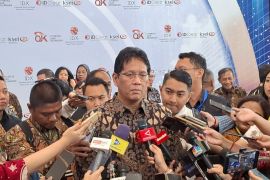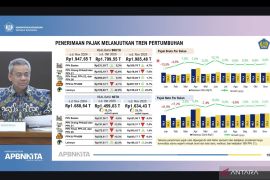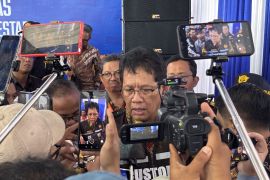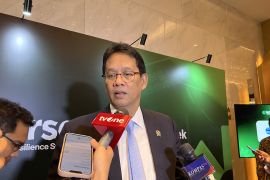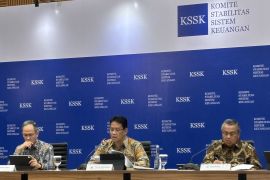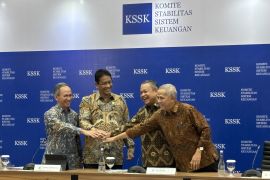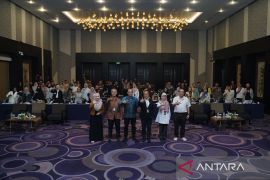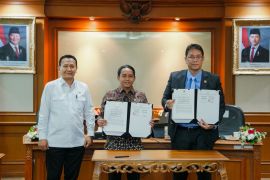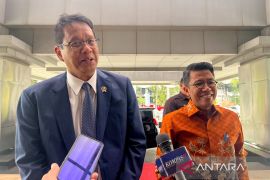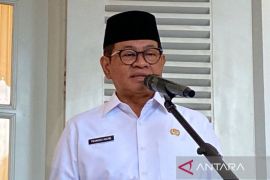Speaking at the Presidential Palace, Purbaya said frequent amnesties risk sending the wrong message, encouraging individuals to avoid taxes in anticipation of future pardons.
“A tax amnesty every two years creates incentives to cheat. People will assume another one is coming. That’s a bad signal,” he said.
While open to reviewing proposals, Purbaya said such policies are generally inappropriate from an economic standpoint and urged a focus on consistent tax enforcement instead.
“The right approach is to run proper tax programs, collect taxes fairly, and penalize violators but not excessively,” he said, emphasizing the need for a sustainable, rules-based tax system.
Related news: Indonesian tax amnesty program records big success
He also highlighted that tax revenue must serve the public interest and support equitable fiscal policy.
“If you have money, spend it for the people,” he added.
His comments come amid legislative discussions surrounding the 2025 National Legislative Program (Prolegnas). On Sept. 17–18, lawmakers and government representatives finalized revisions, adding 23 new draft bills and removing one, bringing the total to 198, plus five cumulative open bills.
The 2025 Prolegnas Priority List also grew to 52 bills, including 12 new additions—seven from the House of Representatives and five from the government.
Among the retained priorities is the controversial Tax Amnesty Bill. Initially proposed by the House’s Legislative Body (Baleg), it was later reaffirmed by Commission XI through an official letter urging its inclusion in next year’s legislative agenda.
The inclusion signals renewed interest in reviving tax amnesty policies, despite concerns from top economic officials over their long-term impact on compliance and governance.
Related news: Tax amnesty program improves tax compliance
Translator: Primayanti
Editor: Rahmad Nasution
Copyright © ANTARA 2025
